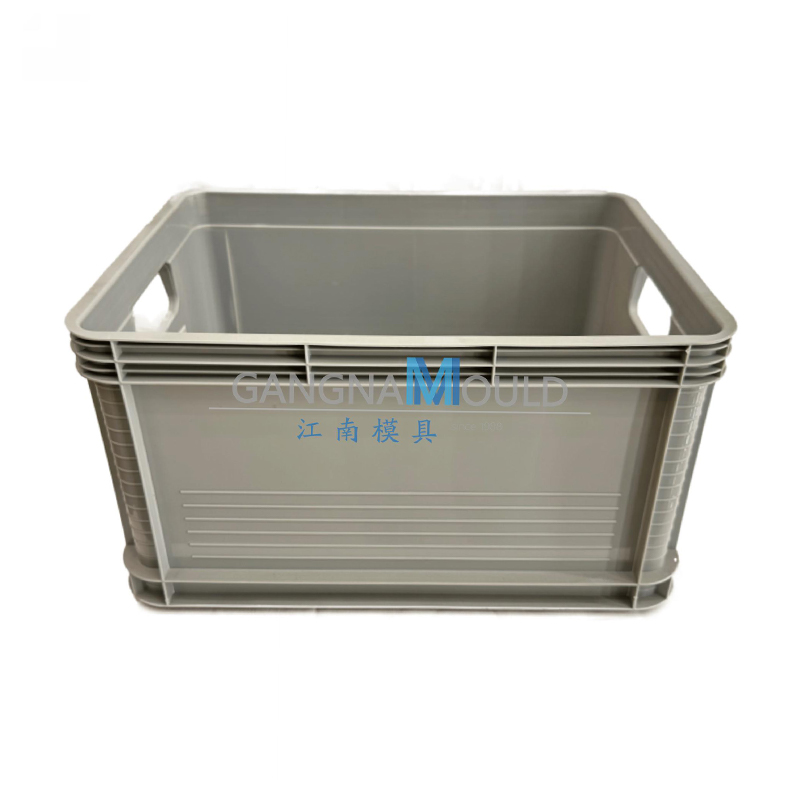Plastic Transport Crate Storage Box Mould and Its Role in Sustainable Packaging
Packaging and transportation solutions play a crucial role in ensuring goods are moved safely and efficiently. Among these, the Plastic Transport Crate Storage Box Mould has become an essential tool for industries such as agriculture, retail, warehousing, and distribution. The mould is specifically designed to produce storage crates that are strong, lightweight, and reusable, offering long-term benefits for businesses.
A Plastic Transport Crate Storage Box Mould allows manufacturers to create uniform crates with consistent dimensions. This consistency is vital for stacking, storage, and efficient use of space in warehouses and transportation systems. Crates produced through such moulds are often designed with ergonomic handles, ventilation holes, and reinforced corners, making them suitable for carrying different types of products, including fresh produce, beverages, spare parts, and packaged goods.
One of the key features of these moulds is their adaptability. They can be engineered to produce crates in various shapes and sizes, depending on customer needs. Some designs focus on collapsible crates that save space when not in use, while others emphasize durability for heavy-duty transport. The flexibility of injection moulding technology enables the creation of customized storage solutions that address the specific requirements of industries.
The material selection used with the Plastic Transport Crate Storage Box Mould also contributes to its advantages. High-quality plastic resins such as polypropylene or high-density polyethylene are commonly chosen because of their impact resistance, moisture resistance, and long-lasting performance. These materials ensure the crates are not only lightweight but also capable of withstanding the wear and tear of continuous handling and transportation.
From a production standpoint, the mould plays a significant role in determining the efficiency of manufacturing. Well-designed moulds can reduce cycle time, small waste, and maintain high precision. The surface finish, cooling system, and cavity design of the mould directly affect the final quality of the storage box. Manufacturers often invest in advanced mould-making techniques such as CNC machining and EDM to achieve precise detailing and durability in the mould itself.
In terms of functionality, crates produced from these moulds offer multiple advantages. They are stackable, which optimizes storage space both in warehouses and during transport. Their uniformity ensures stability when stacked, reducing the risk of product damage. Ventilated versions are ideal for agricultural and food-related industries, where air circulation helps maintain freshness during storage and transit.
Additionally, using Plastic Transport Crate Storage Box Moulds contributes to sustainability. Since the crates are reusable and recyclable, they reduce reliance on single-use packaging materials. Many companies are adopting returnable plastic crates as part of their supply chain strategies, lowering waste and improving overall efficiency.
Maintenance and care of the mould are also important. Regular cleaning, inspection, and proper storage extend its lifespan and maintain production quality. Manufacturers typically establish maintenance schedules to avoid downtime and ensure continuous output.
In conclusion, the Plastic Transport Crate Storage Box Mould plays a vital role in shaping the efficiency of modern logistics and storage systems. Producing durable, versatile, and reusable crates helps industries improve handling, protect goods, and reduce operational costs. With growing attention on sustainability and streamlined supply chains, this mould technology continues to provide valuable solutions for diverse sectors worldwide.




 English
English русский
русский Español
Español Français
Français عربى
عربى 简体中文
简体中文




